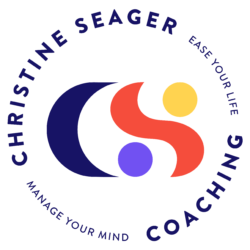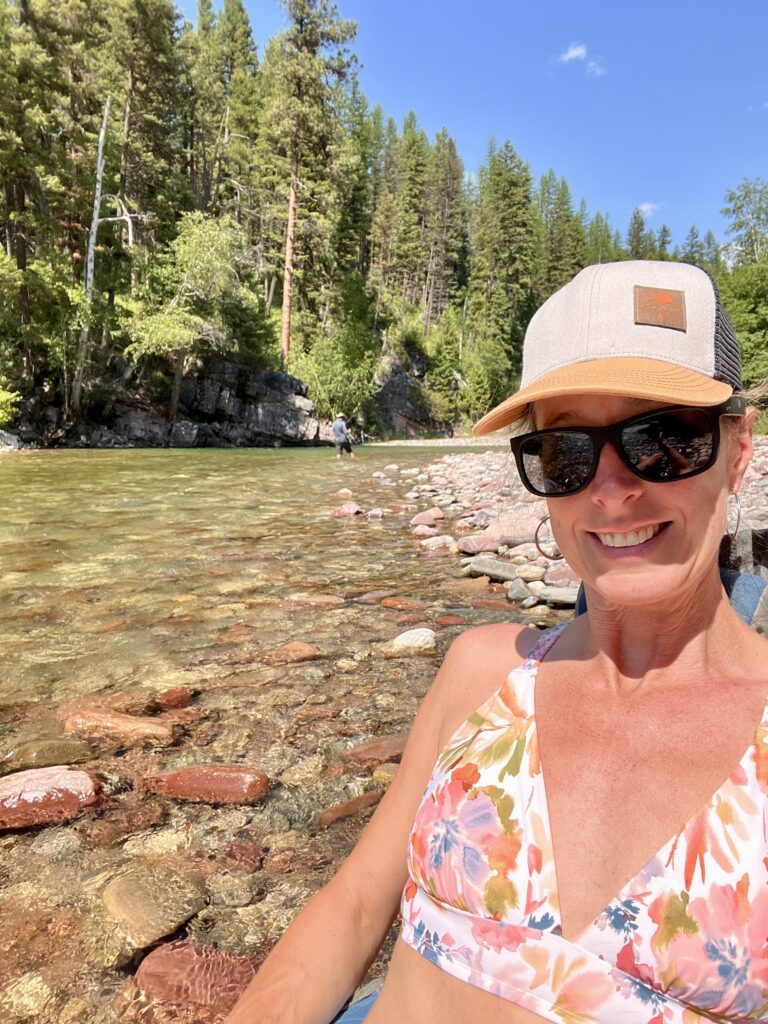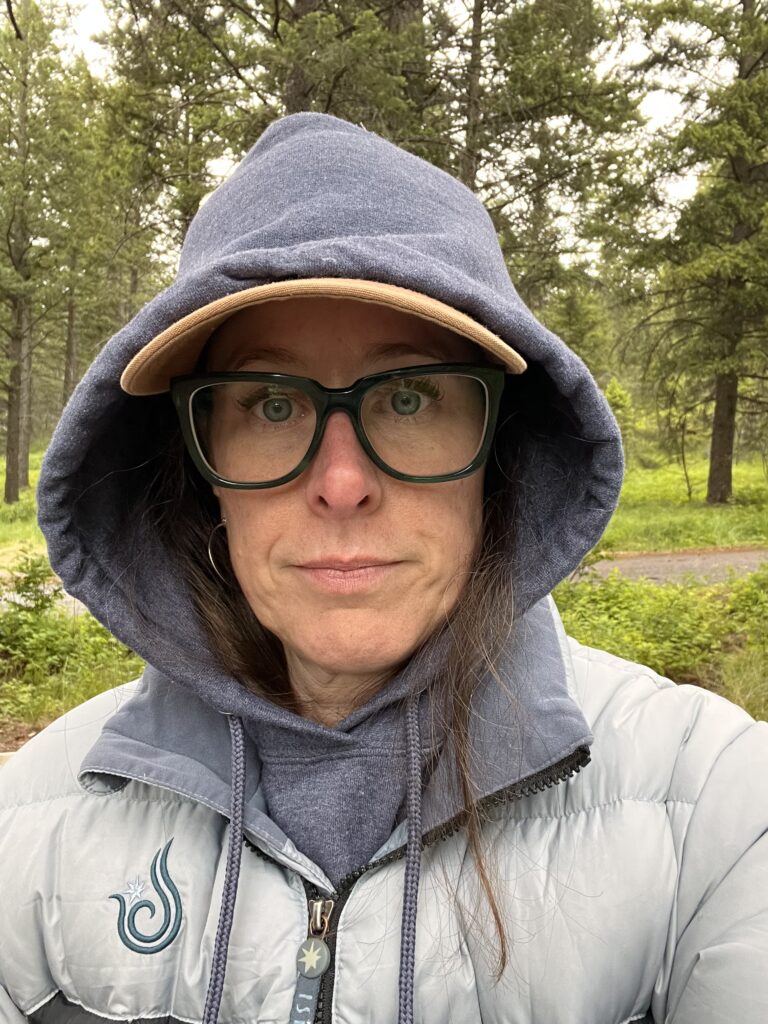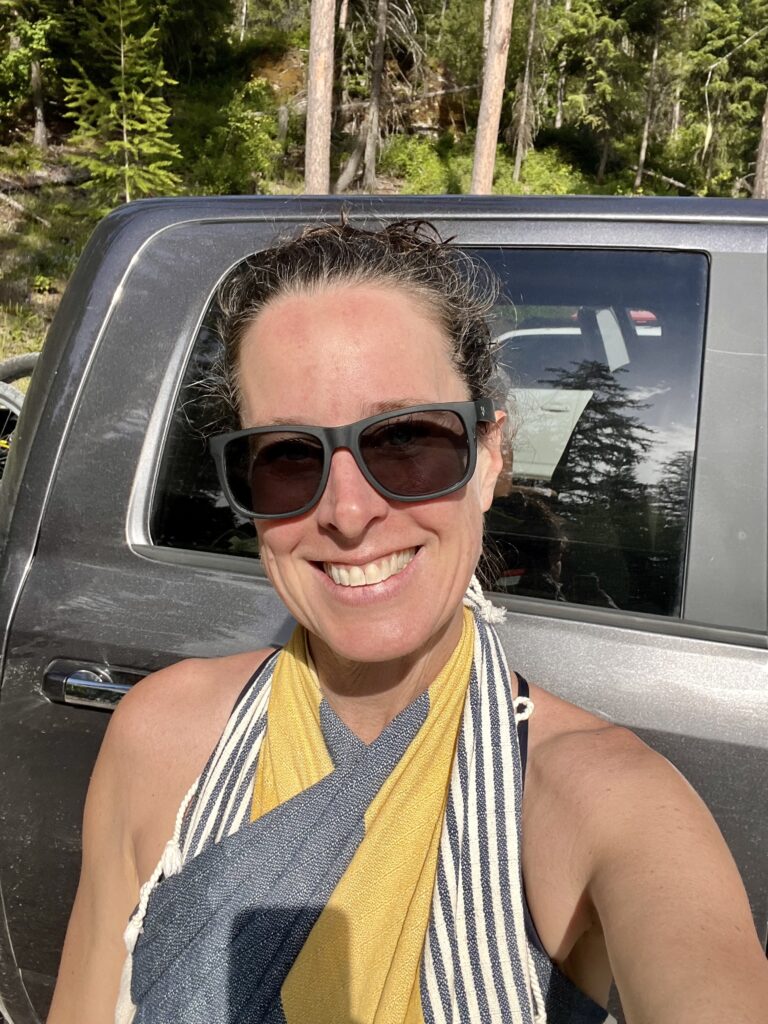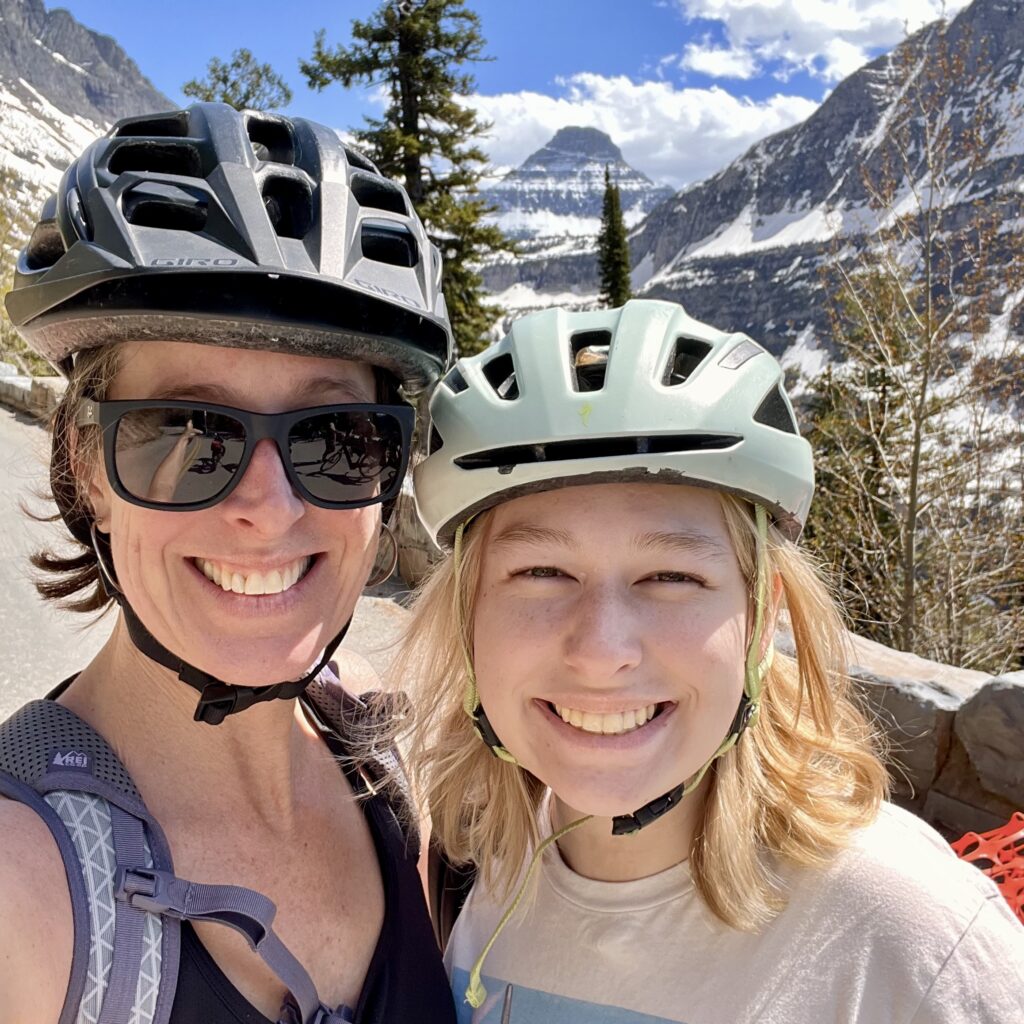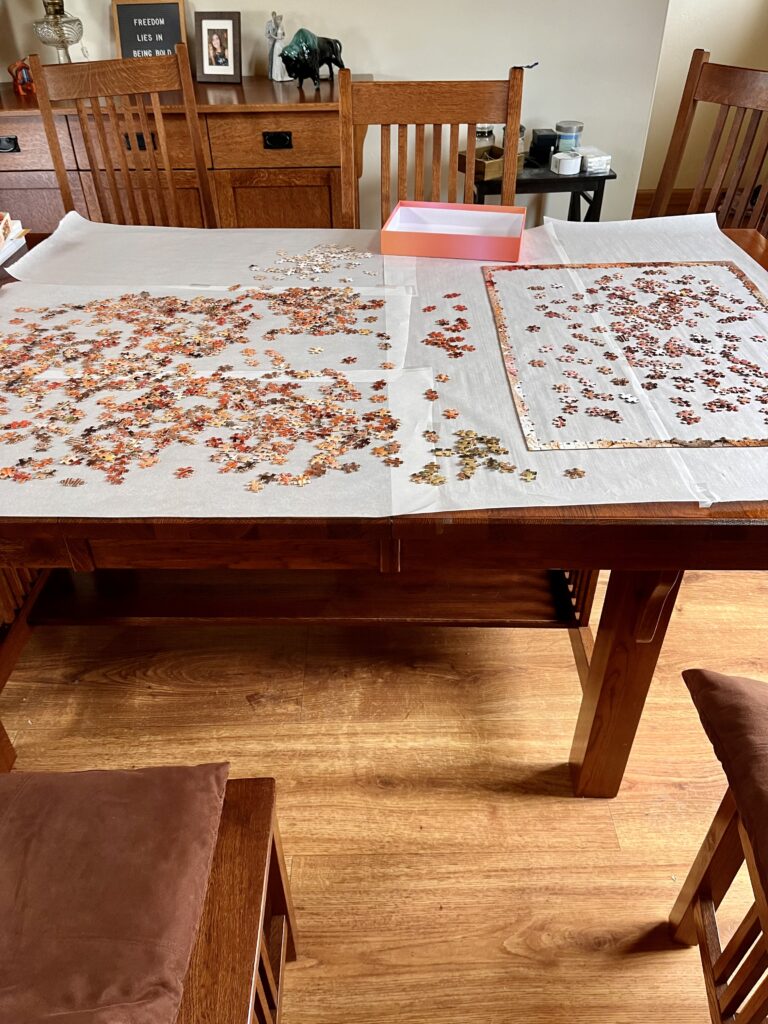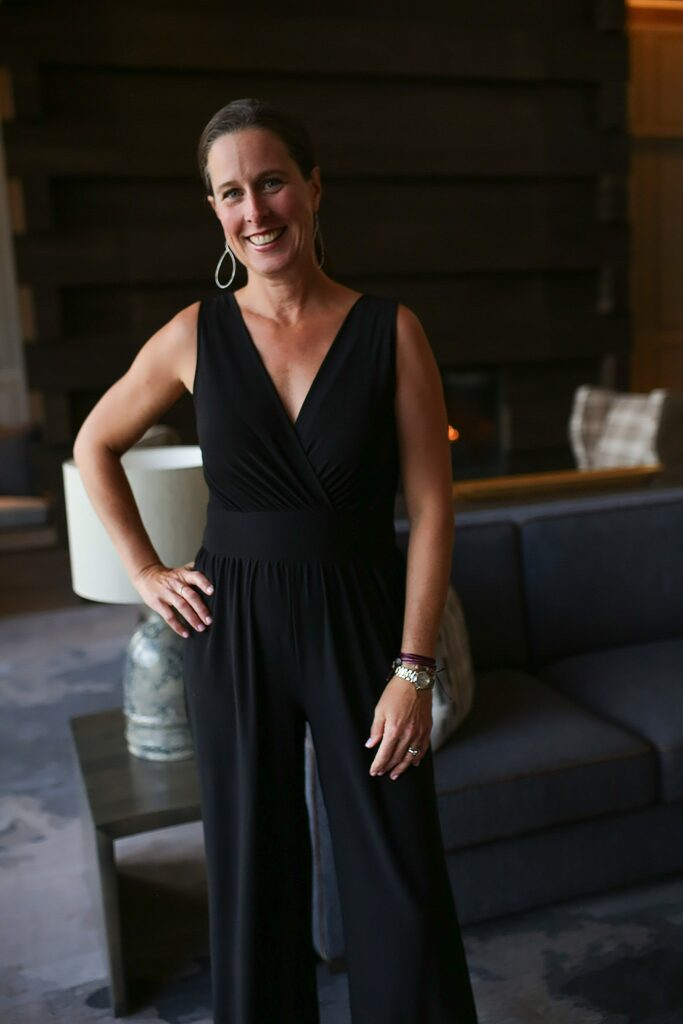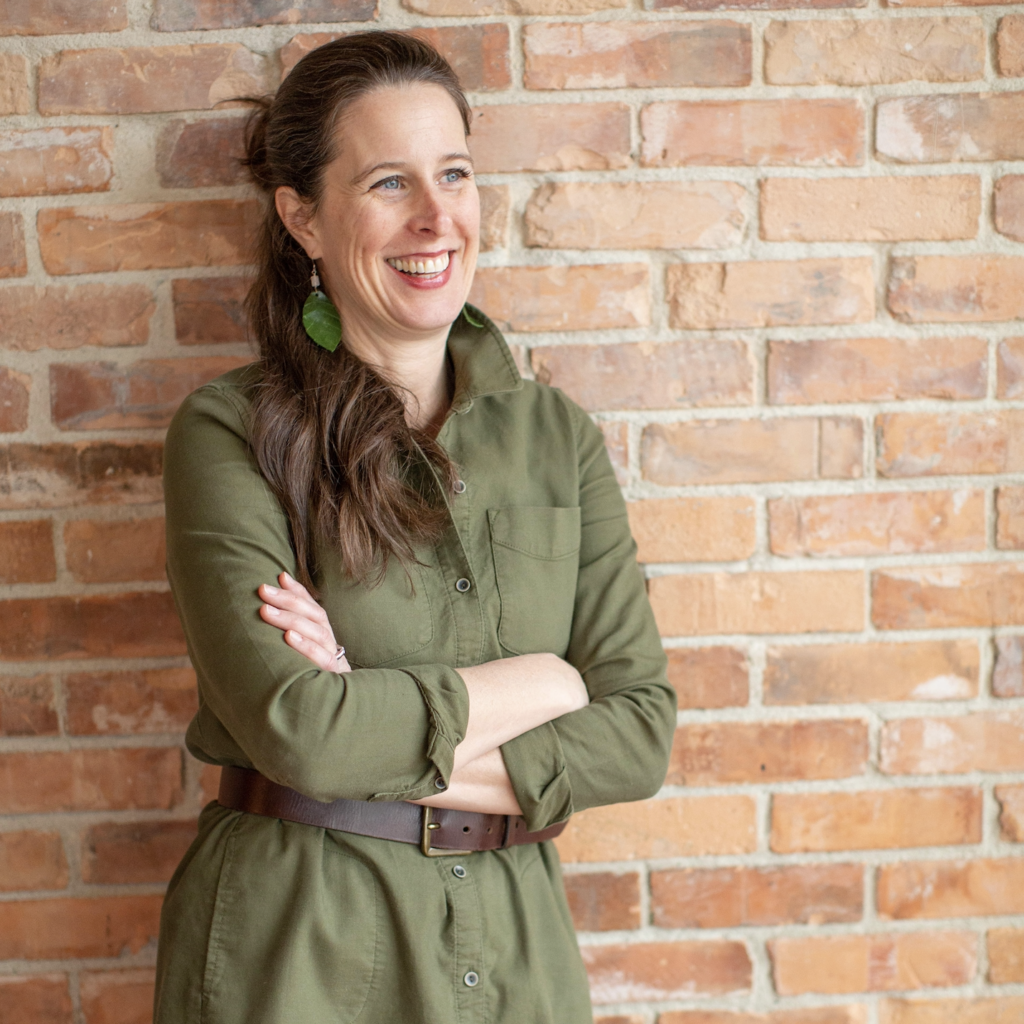Have you ever noticed how we tend to mirror one another? It’s a natural part of human interaction. When someone is upset, we often find ourselves feeling upset as well. If someone is critical, we might respond with our own criticism. This mirroring happens instinctively, but with some awareness, we can manage it and use it to better help ourselves and others.
How Mirroring Works
Mirroring means we think, feel, and do what we want the other person to think, feel, and do. It’s like holding up a mirror to their behavior. If someone is kind to us, we will likely be kind in return. But if someone is negative, we might reflect that negativity back at them. This process can work both positively and negatively.
The problem is that our default setting often leans towards negativity. It’s easy to get caught up in a cycle of negative thoughts and emotions, especially in challenging situations. But here’s the good news: we can override this default setting. By becoming aware of our reactions, we can choose to respond differently.
A Common Example: The Critical Mother-in-Law
Imagine your mother-in-law is constantly criticizing you. She judges your decisions, offers unsolicited advice, and seems to believe that you’re doing everything wrong. Naturally, you might think, “She shouldn’t criticize me; she shouldn’t judge me; she should be nicer; she should mind her own business.”
But take a moment to notice what’s happening here. You think she’s doing it wrong—exactly what she’s thinking about you. You’re both caught in a cycle of judgment and negativity.
Feelings: A Reflection of Each Other’s Emotions
Mirroring also happens with emotions. If someone you care about is upset, you might get upset that they’re upset. Or if they’re worried, you start worrying about how much they’re worrying. This emotional mirroring can amplify the situation, leading to even more distress for both parties.
Actions: Reacting in Kind
Our actions often mirror the actions of others. If someone yells at you, it’s easy to start yelling back. If someone shows up upset, you might match their mood. But what if you didn’t have to react this way? What if there was another option?
Breaking the Cycle: Awareness Is Key
The truth is, their thoughts don’t affect you. What affects you is your own thoughts, feelings, and actions. You might think you’re mad because your mother-in-law is judging you, but in reality, you’re mad because of your own judgment of her—and maybe even your own self-judgment.
So, ask yourself: In what way have I become the exact thing that I disapprove of in them? Identifying this is not about shaming yourself or thinking you should or shouldn’t feel a certain way. It’s simply about awareness. “Oh, I get it; that’s what’s going on for me. That’s why I’m feeling this way.”
Sometimes, just being aware of what’s happening is enough to help you put it down. When you understand that you’re mirroring the other person’s negativity, you can choose to respond differently. You can choose not to mirror their anger, judgment, or worry. Instead, you can decide how you want to think, feel, and act.
The Power of Choice
Mirroring is a natural part of our interactions, but it doesn’t have to control us. By being aware of how we’re mirroring others, we can choose our responses. We can break the cycle of negativity and create more positive, constructive interactions. It starts with awareness and deciding to override these “default” settings.
Remember, you don’t have to be what you disapprove of in others. You can choose a different path.
Reminder: as part of the benefits offered at Logan Health, employees get free coaching sessions. You can book a remote or Zoom coaching session here.
P.S. You can register for the next free Christine Seager Coaching Masterclass on What to Do When You’re Not Getting Results by clicking here.
